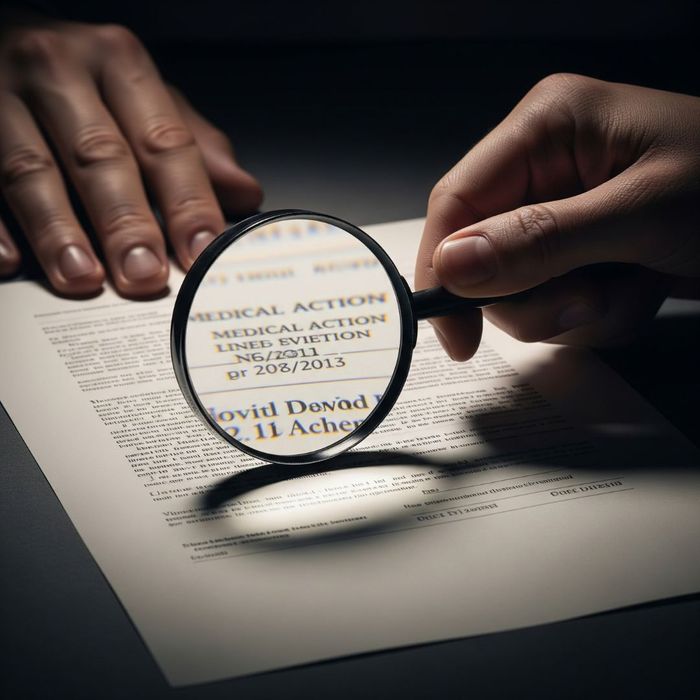When you seek medical treatment, you place your trust in a healthcare professional's hands. This trust is built on a legal and ethical principle known as the "duty of care." But what happens when that trust is broken? It can be difficult to know whether a negative health outcome was an unavoidable complication or the result of a medical professional's negligence. At the law firm of Weaver, Bennett & Bland, P.A. in Matthews, NC, we believe in empowering patients with knowledge. Understanding the basics of this legal duty is the first step in recognizing if you may have a medical malpractice claim.
How Can I Tell If My Doctor Has Breached The Duty Of Care?

What Is the "Standard of Care"?
The "standard of care" is the level of skill and diligence that a reasonably competent healthcare professional in the same specialty would provide under similar circumstances. It isn't about perfection; medicine is complex, and not all outcomes are guaranteed. Rather, it’s a baseline for acceptable medical practice. To prove a breach, we must show that your provider's actions deviated from this established professional standard.

Common Examples of a Breach
A breach can occur in many ways. It could be a misdiagnosis or a delayed diagnosis that worsens a condition. Other examples include surgical errors, prescribing the wrong medication or dosage, or failing to order necessary diagnostic tests. Anesthesia errors or birth injuries can also be devastating examples of a failure to meet the standard of care. Recognizing these potential red flags is crucial.

The Critical Role of Documentation
If you suspect a breach, your medical records are the most important evidence. These documents provide a timeline of your treatment, including diagnoses, prescribed medications, test results, and notes from your provider. We always advise our clients to gather all relevant paperwork, including bills, informed consent forms, and any correspondence. This documentation creates the foundation for building a strong case.

Proving Causation Is Key
It is not enough to show that the doctor breached their duty of care. We must also directly link that breach to the injury or harm you suffered. This link is known as "causation." For example, we would need to prove that a misdiagnosis (the breach) led to a delayed treatment that directly caused your medical condition to worsen (the harm). Establishing this causal relationship is a critical element of any successful medical malpractice claim.
If you believe your doctor's actions did not meet the required standard of care and resulted in harm to you or a loved one, it's essential to understand your rights. Navigating the complexities of medical malpractice requires experience and dedication. Contact our legal team in Matthews, NC, for a consultation to discuss your case and explore your options.
